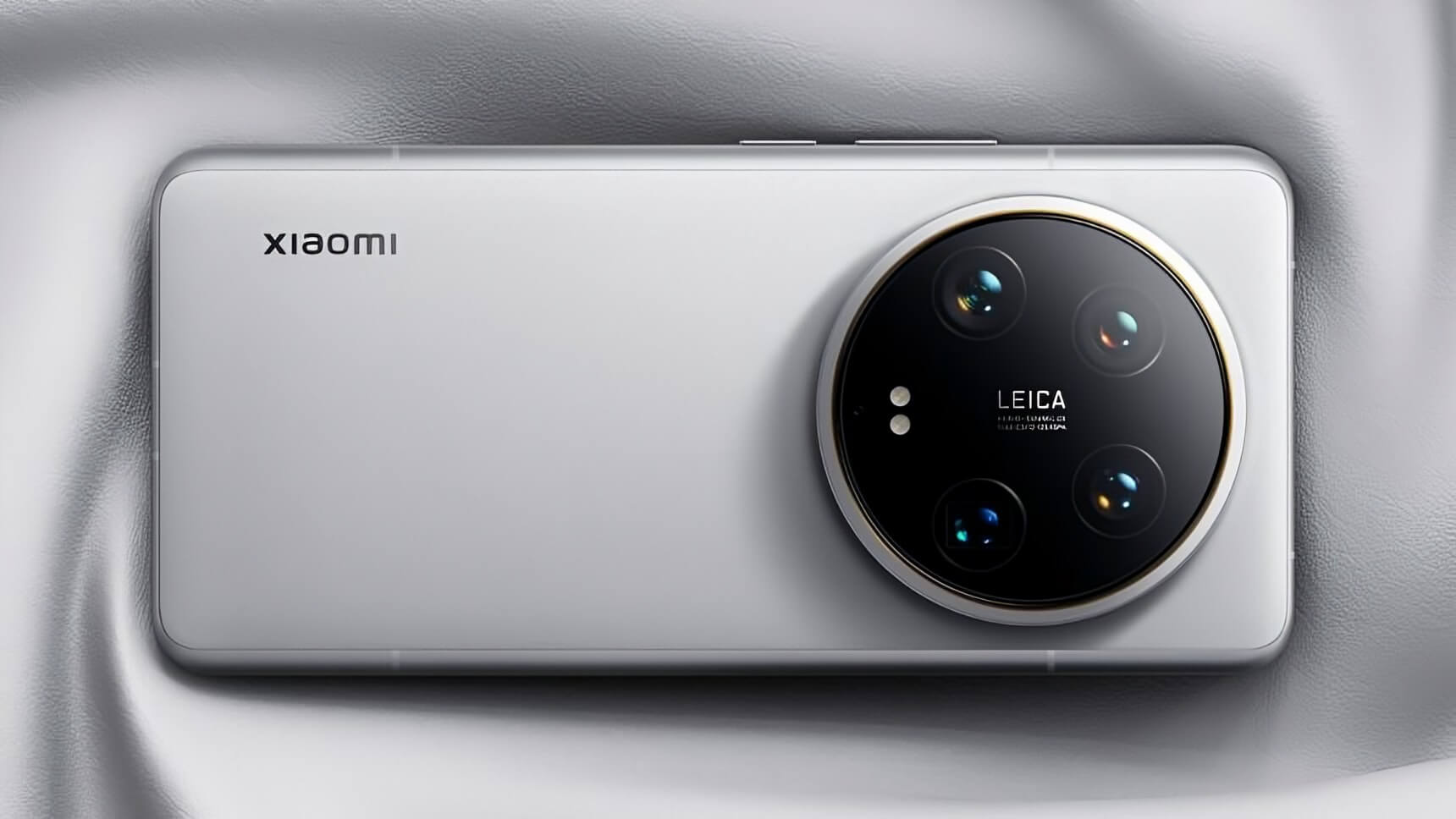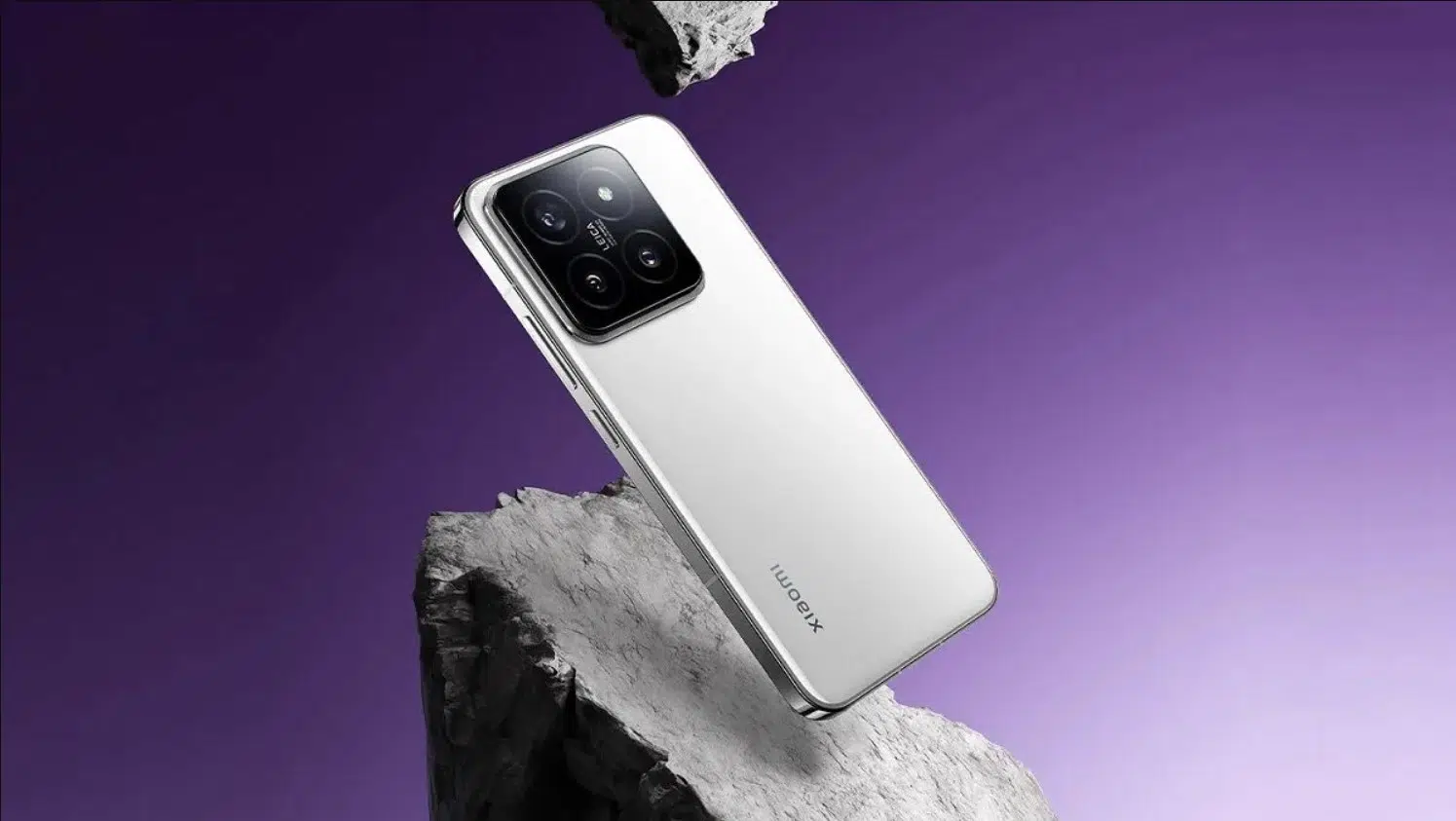Attention, mobile gamers! It’s no secret that not all new smartphones can match the stellar performance of their predecessors. Surprisingly, some of the latest generation devices fail to deliver an enjoyable gaming experience. The origin of this problem can be traced back to a significant change in System-on-Chip (SOC) manufacturing.
Qualcomm’s decision to outsource SOC production to Samsung had adverse effects on the performance of new chips. However, recognizing the problem, Qualcomm made a strategic move and reverted to having its processors manufactured by TSMC, starting with the groundbreaking Snapdragon 8+ Gen 1.
Fortunately, this change resolved the performance woes, ensuring smooth and efficient gaming experiences for users. Now, let’s dive into the details of the smartphones that have faced overheating issues and should be avoided for gaming enthusiasts.
Xiaomi 12 Series
Xiaomi 12 family, introduced in the last months of 2021, consists of three models: Xiaomi 12, Xiaomi 12 Pro, and Xiaomi 12X. For the purpose of this analysis, we will focus on two of these models: Xiaomi 12 and Xiaomi 12 Pro, both powered by the Snapdragon 8 Gen 1 SOC.
Unfortunately, this particular SOC has been plagued with heating issues, leading to widespread dissatisfaction among users. Moreover, the MIUI Global software running on Xiaomi 12 series models exhibits sluggish performance, resulting in delayed app launches and a subpar overall user experience.
Samsung Galaxy S22 Series
The highly anticipated Samsung Galaxy S22 series, released in February 2022, comprises three variants: S22, S22+, and S22 Ultra. Depending on the region, these smartphones are equipped with either the Snapdragon 8 Gen 1 or Exynos 2200 processors, both manufactured by Samsung. However, the real differentiator lies in the number of transistors per area on the chips, a crucial factor determining processing power.
Regrettably, Samsung’s manufacturing technique fails to match the prowess of TSMC’s method, and the transistor density in Samsung’s chips is notably lower. Consequently, the Galaxy S22 series falls short in terms of performance compared to its TSMC-powered counterparts.
In addition to all of this, Samsung has developed a special program called GOS (Game Optimizing Service) for smartphones. This program is designed to prevent smartphones from overheating and hardware issues. When the device overheats, the program reduces the speed of the processor, causing even worse performance in games
Oneplus 10 Pro
Introduced in January 2022, Oneplus 10 Pro shares the Snapdragon 8 Gen 1 SOC with the aforementioned models. I won’t tell you at some length that the 8 Gen 1 is bad. Oneplus 10 Pro comes out of the box with OxygenOS 13 based on Android 12.
In China, it is on sale with the ColorOS interface. Boasting a 48MP triple camera system and a 32MP front-facing selfie camera, the phone appears promising on paper. However, the underlying performance issues due to the Snapdragon 8 Gen 1 chipset cannot be ignored, impacting the overall user satisfaction.
POCO F4 GT
Marketed as a gaming-centric device, POCO F4 GT was launched in April 2022. Unfortunately, its choice of processor led to dismay among users. POCO F4 GT also relies on the Snapdragon 8 Gen 1 SOC, and out of the box, it operates on MIUI 13 based on Android 12.
Nevertheless, MIUI’s lack of optimization results in frequent overheating problems on the device, tarnishing the gaming experience and rendering it unsuitable for serious gamers.
Oneplus 9 / 9 Pro
OnePlus is known for its affordable and high-performance smartphones. OnePlus 9 and 9 Pro feature a Snapdragon 888 processor, high screen refresh rates, stylish design, and a good camera system. However, these devices suffer from a significant overheating issue. Especially during extended gaming sessions or intensive tasks, the temperature can quickly rise, leading to performance drops. This can negatively impact users gaming experience and hinder the devices longevity.
Furthermore, the overheating problem also affects the battery life adversely. Due to excessive heat generated during heavy usage, the battery may drain faster than expected, posing a challenge for users who rely on sustained performance for extended periods.
Years ago, Anandtech writer Andrei Frumusanu pointed out that OnePlus had implemented certain performance optimizations. The company was observed to boost the processor speed during benchmark applications like Antutu Benchmark and Geekbench, leading to increased device temperatures. However, it was revealed that this approach did not extend to everyday applications and games, resulting in a discrepancy in the device’s actual performance.
OnePlus was accused of deceiving users by manipulating benchmark scores to create the illusion of higher performance. In response to these allegations, the company defended its actions, claiming that the optimizations were aimed at improving battery life rather than misleading users.
Nevertheless, this revelation raised concerns among users, as they realized that the performance depicted in benchmark apps did not fully translate into real-world usage scenarios and gaming experiences. Consequently, for gaming enthusiasts or users seeking long-lasting performance, OnePlus 9 and 9 Pro not be the most suitable options.
Xiaomi Mi 11 Series
Xiaomi Mi 11 series consists of a range of flagship smartphones powered by the Snapdragon 888 processor. Models such as Mi 11, Mi 11 Pro, Mi 11 Ultra, and Xiaomi 11T Pro have garnered attention for their high-quality camera sensors and advanced features. However, before delving into the technical specifications of these devices, let’s take a look at why they may not be suitable for gamers.
Mi 11 series draws its power from the Qualcomm Snapdragon 888 processor. Snapdragon 888 is a chipset produced by Samsung and is notorious for its heating issues. The performance of the Snapdragon 888 processor can negatively affect gamers due to the device’s temperature management.
While playing games or engaging in intensive tasks, the device’s temperature can rapidly increase, resulting in performance drops. This is a significant disadvantage for gamers as it hampers a smooth gaming experience, leading to lagging and freezing. Gamers certainly do not want to encounter such situations, especially when expecting high-performance from their devices.
Furthermore, the durability of these devices during prolonged gaming sessions is questionable. Excessive heating can cause damage to the device’s components and shorten its overall lifespan. For instance, the Mi 11 model is known for experiencing motherboard failures due to overheating, rendering the device inoperable.
These devices not be the most suitable choice for gamers who seek a reliable and long-lasting gaming experience. The heating issues can significantly hinder gaming performance, leading to frustration and disappointment for users. To ensure an optimized gaming experience and prolonged device performance, gamers may want to explore alternative options with better thermal management systems.










